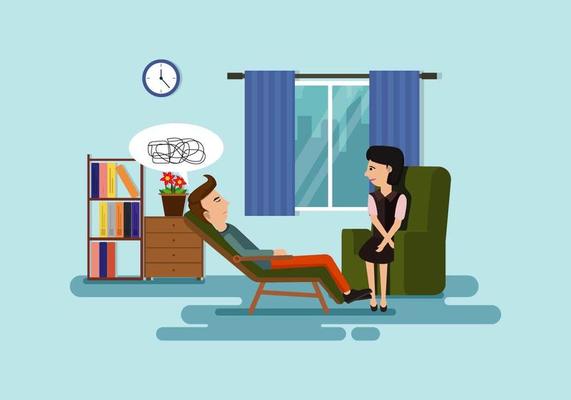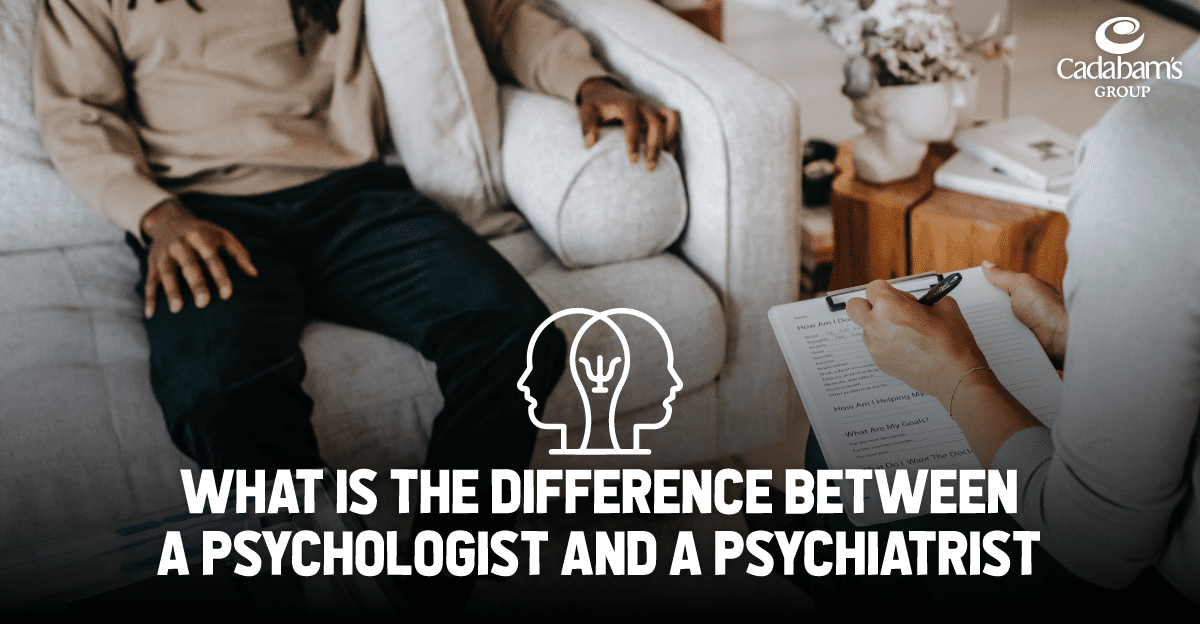How to Choose the Best Psychologist in Delhi for Personalized Therapy
How to Choose the Best Psychologist in Delhi for Personalized Therapy
Blog Article
Psych Treatment: A Comprehensive Guide to Results and techniques

Cognitive-Behavioral Therapy
Cognitive-Behavioral Therapy (CBT) is a commonly made use of psychotherapeutic method that concentrates on recognizing and modifying inefficient thinking and habits patterns. Created in the 1960s by Aaron T. Beck, CBT combines cognitive and behavioral concepts to attend to numerous psychological health problems, including anxiety, stress and anxiety, and stress-related problems.
CBT is identified by its structured, goal-oriented nature. Therapy normally includes a collaborative procedure between the therapist and client, where particular troubles are determined, and sensible methods are created to resolve them. Techniques such as cognitive restructuring, direct exposure therapy, and skill-building workouts are frequently employed. Cognitive restructuring entails challenging and modifying unfavorable idea patterns, while exposure treatment aims to lower worry and anxiousness with steady exposure to been afraid objects or scenarios.
Evidence-based research supports the effectiveness of CBT for a variety of mental problems - Best Psychologist in Delhi. Its focus on ability acquisition and self-help methods encourages customers to proceed progression independently after therapy wraps up. The versatility and performance of CBT have actually made it a cornerstone in contemporary psychotherapeutic practice
Psychodynamic Methods
Rooted in the very early concepts of Sigmund Freud, psychodynamic techniques concentrate on discovering the subconscious mind and its impact on actions and feelings. These techniques aim to uncover hidden thoughts and sensations that might be driving maladaptive actions and emotional distress. Central to this strategy is the idea of inner conflict, frequently coming from unsettled past experiences, particularly those from childhood.
Therapists making use of psychodynamic strategies utilize a number of essential techniques, including totally free association, where people are motivated to talk easily to expose unconscious product, and desire analysis, which interprets the hidden content of desires. Furthermore, the exploration of transfer and countertransference dynamics within the therapeutic partnership is vital. These interactions can provide understandings into the person's interior world and relational patterns.
Psychodynamic treatment is usually longer-term compared to various other modalities, supplying a extensive and deep understanding of the person's psyche. Research suggests that it can be particularly reliable for complex psychological health concerns, such as personality conditions and chronic anxiety. By cultivating self-awareness and emotional understanding, psychodynamic therapy seeks to bring subconscious material to consciousness, making it possible for individuals to accomplish long-term and significant modification in their lives.
Humanistic Methods
Building on the structures laid by psychodynamic approaches, humanistic strategies provide a distinctive perspective focused on specific possible and self-actualization. Coming from the mid-20th century, these methods focus on the inherent goodness and growth capacity of people, stressing a holistic view of human experience. Key figures such as Carl Rogers and Abraham Maslow have actually dramatically influenced this therapeutic method, which includes techniques like client-centered treatment and Gestalt therapy.
Client-centered therapy, created by Rogers, plays a critical role in humanistic methods. The therapist's role is more of a facilitator than an authority, urging customers to harness their internal resources for healing.
Gestalt treatment, an additional crucial humanistic method, emphasizes existing minute understanding and the combination of mind and body. By focusing on the "present moment," customers obtain better understanding into their current feelings and behaviors. Strategies such as role-playing and led visualization are commonly utilized to help customers acquire a much deeper understanding of themselves, eventually leading to boosted self-awareness and satisfaction.
Integrative Therapies
Integrative treatments represent a synthesis of numerous therapeutic strategies tailored to This Site fulfill the distinct demands of each customer. This approach recognizes the intricacy of human psychology and the multifaceted nature of mental health and wellness problems. By incorporating elements from various schools of psychiatric therapy-- such as cognitive-behavioral therapy (CBT), psychodynamic therapy, and humanistic methods-- integrative treatments provide an even more versatile and alternative treatment paradigm.
Experts of integrative treatment analyze each client's certain needs, signs and symptoms, and individual background to create a personalized therapy strategy. This personalized strategy boosts the potential for therapeutic success by resolving the origin triggers of emotional distress and promoting general well-being. Methods could consist of mindfulness exercises, cognitive restructuring, and psychological handling, each picked to target various aspects of the client's problems.
In addition, integrative treatments emphasize the therapeutic connection, seeing the client-therapist bond blog as a critical component of effective treatment. This relationship fosters a supportive setting where customers really feel risk-free to check out and address their issues. The adaptability of integrative therapies makes them appropriate for a broad series of conditions, consisting of anxiousness, anxiety, trauma, and interpersonal troubles, thus increasing their applicability and efficiency in varied clinical settings.

Gauging Therapy End Results
Assessing the performance of psychotherapy is over here critical for both customers and clinicians to guarantee that the therapy is generating the desired results. To attain this, various techniques and devices are used to measure therapy results methodically. Standard assessment tools, such as the Beck Clinical Depression Inventory (BDI) and the Generalized Anxiety Disorder 7 (GAD-7), supply measurable information on signs and symptom seriousness and adjustments over time.
In addition to standardized tools, qualitative techniques like customer self-reports and scientific meetings supply valuable understandings right into the individual experiences and regarded progression of customers. Regularly scheduled assessments, generally at the beginning, midpoint, and end of treatment, assistance in tracking the trajectory of improvement or identifying areas requiring change.
Result dimension is not limited to symptom decrease; it additionally incorporates practical enhancements in everyday life, such as better interpersonal partnerships, raised job efficiency, and enhanced overall health. Modern improvements in digital health have actually presented mobile apps and online systems that promote real-time surveillance and comments, even more refining the evaluation process.
Inevitably, a detailed method to gauging treatment outcomes makes certain that restorative treatments are efficient, efficient, and customized to meet the specific needs of customers, thus maximizing the overall healing experience.
Final Thought
Psychotherapy offers a diverse range of strategies targeted at addressing certain psychological health concerns and enhancing general health. Cognitive-Behavioral Therapy and psychodynamic techniques target subconscious influences and inefficient ideas, specifically. Humanistic techniques focus on individual development and self-actualization, while integrative therapies combine several approaches for customized treatment plans. Examining treatment end results with standard analyses and qualitative methods ensures a detailed understanding of performance, inevitably guiding clients toward enduring mental health enhancements.
From the structured approach of Cognitive-Behavioral Therapy (CBT) to the deep expedition of the subconscious in psychodynamic therapy, each method brings one-of-a-kind advantages. Its emphasis on ability purchase and self-help methods empowers customers to continue progress individually after treatment concludes (Best Psychologist in Delhi). Key numbers such as Carl Rogers and Abraham Maslow have significantly affected this restorative approach, which incorporates techniques like client-centered therapy and Gestalt treatment

Report this page